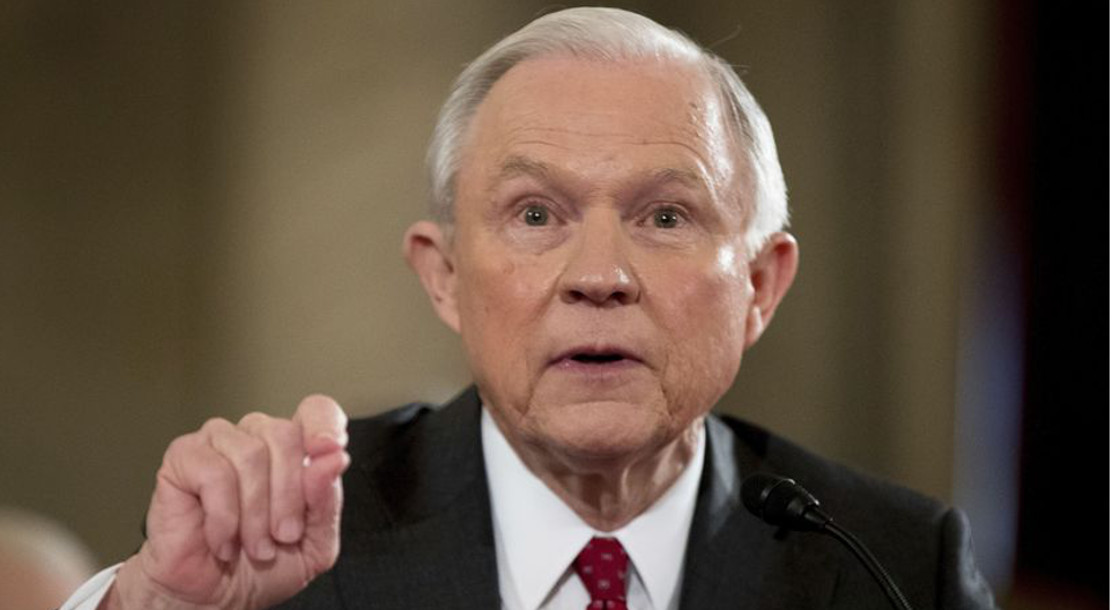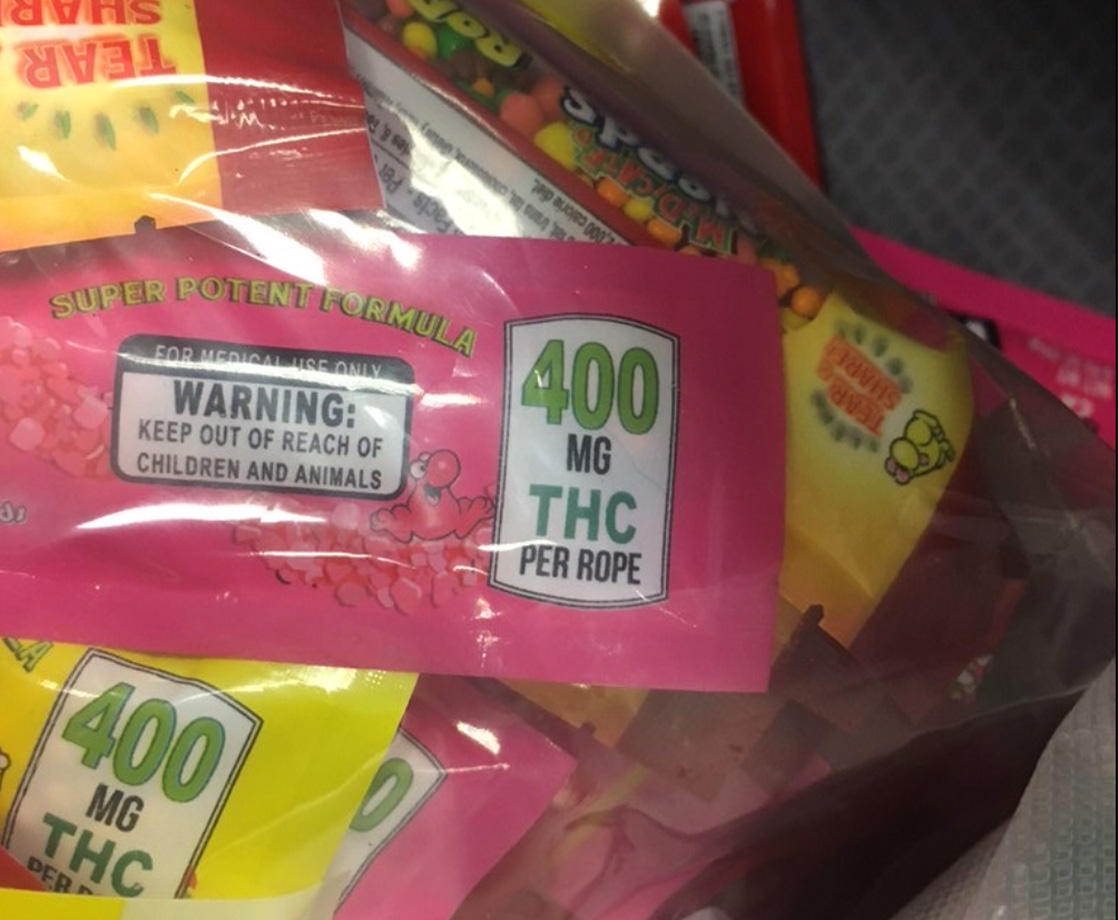It has become painfully clear that the U.S. Department of Justice is officially ramping up the War on Drugs. In fact, steps have already been taken to give the U.S. Attorney General more authority over federal drug laws.
Last week, a group of federal lawmakers introduced legislation to Congress aimed at creating a new classification of drugs under the Controlled Substances Act. The bill, which is called the “Stop the Importation and Trafficking of Synthetic Analogues (SITSA) Act of 2017,” would establish harsher penalties for those who manufacture and distribute chemical variations of all Schedule drugs.
According to the Washington Post, the “SITSA Act would create a new schedule, Schedule A, for substances that are chemically similar to already-regulated drugs. The attorney general would be able to place new compounds in Schedule A for a period of up to five years.”
But while the intentions of the bill is to restrict the flow of synthetics substances into the United States, especially versions of fentanyl, drug policy experts argue that it would put too much power over federal drug policy into the hands of the U.S. Attorney General.
“This is a giant step backwards, and really it's doing the bidding of Jeff Sessions as he tries to escalate the war on drugs,” said Michael Collins with the Drug Policy Alliance.
Federal lawmakers say the bill would only target people involved in the profiting off these drugs, not offenders caught up in small time possession charges. Still, there is a distinct possibility that the language of the law could be used to outlaw more natural substances.
Attorney General Jeff Sessions has spent the last several months positioning the new administration to take on drug offenders in a way that hasn’t been seen for the past several years. Although the bulk of this new order seems to be geared toward the elimination of powerful drug cartels, there is some concern that all of this noise could end up putting a wrench in the legal marijuana trade. After all, it was not long ago that Sessions blamed legal marijuana states for an increase in drug trafficking in areas of prohibition.
Sessions’ first attempt at imposing tougher enforcement policies resulted in a letter to federal prosecutors demanding that they seek the maximum possible sentence for all drug–related crimes.
On Sunday, the Attorney General penned an op-ed for the Washington Post defending this decision. He says the policy put into place by Obama’s Justice Department, which includes lax rules on legal marijuana, has only worsened violent crime across the nation.
“The truth is that while the federal government softened its approach to drug enforcement, drug abuse and violent crime surged,” Session wrote. “My fear is that this surge in violent crime is not a “blip,” but the start of a dangerous new trend — one that puts at risk the hard-won gains that have made our country a safer place.”
Although Sessions’ anti-drug politics are not likely to have too much of an impact on the average user, it could nail the legal marijuana trade to the cross. Under federal law, these operations are technically engaged in the same types of illegal practices as the very drug cartels that the administration wants to eliminate. Just last week, it was revealed that Sessions is trying to persuade Congress to eliminate the only protections the medical cannabis community has to keep it safe from federal interference. If these operations end up getting lumped into the “bad guy” category, the legal marijuana movement could easily find itself a crippled byproduct of Trump’s attempt to “make America safe again.”











